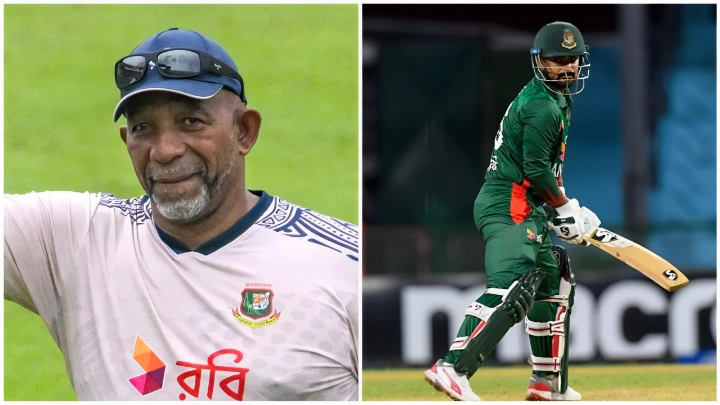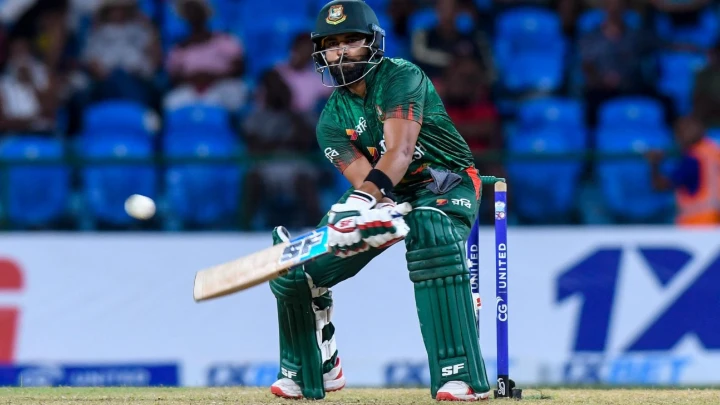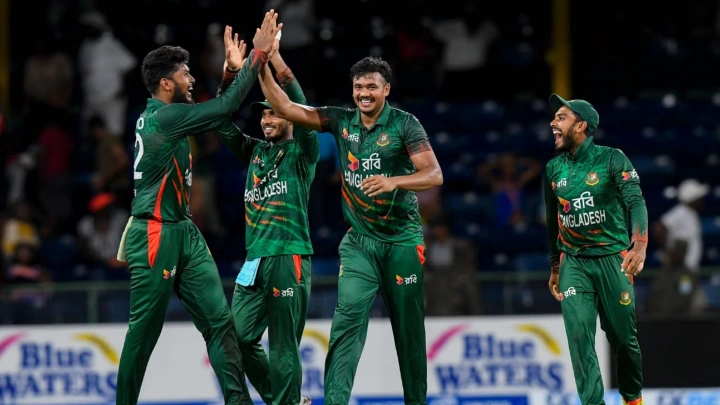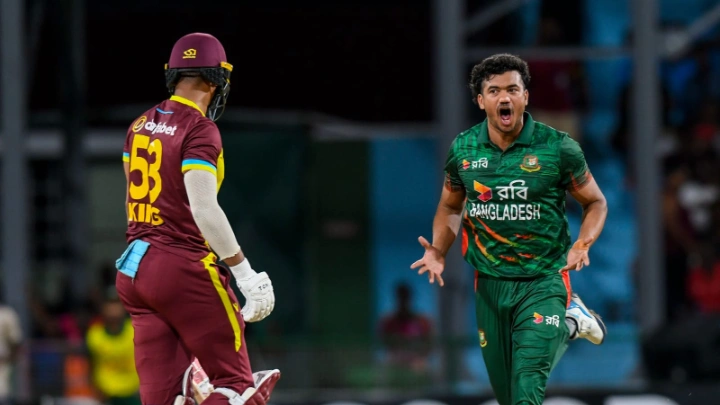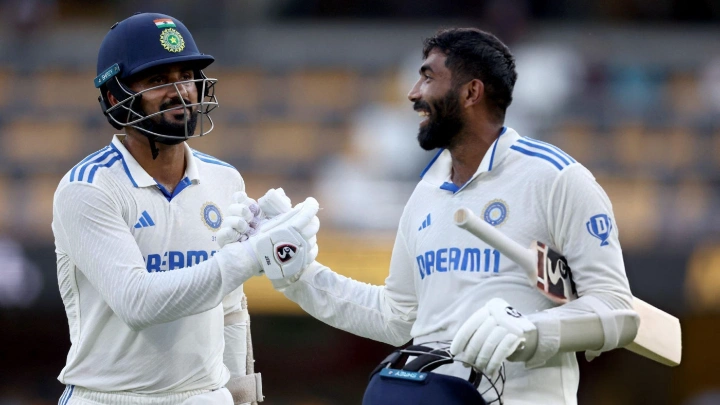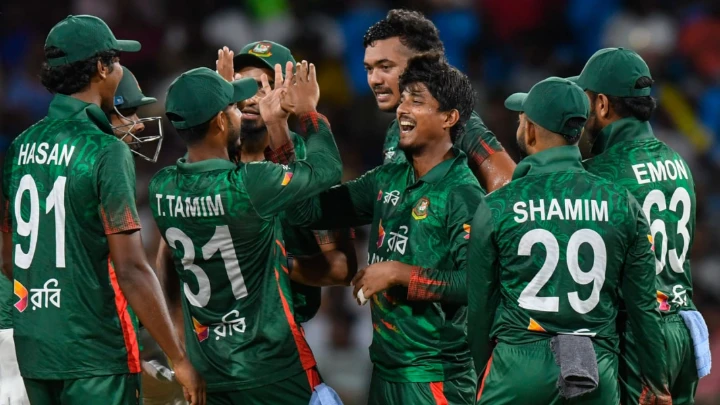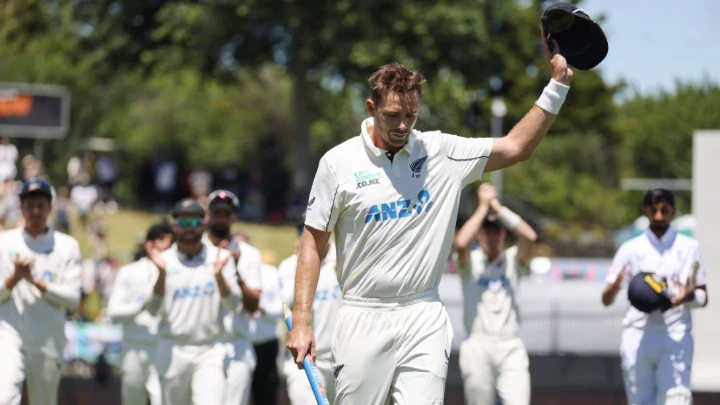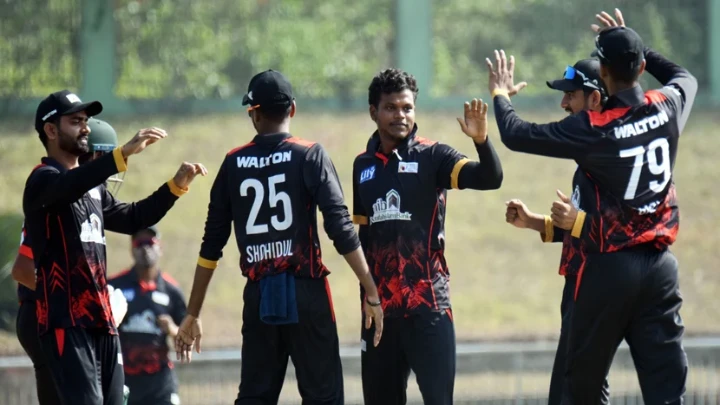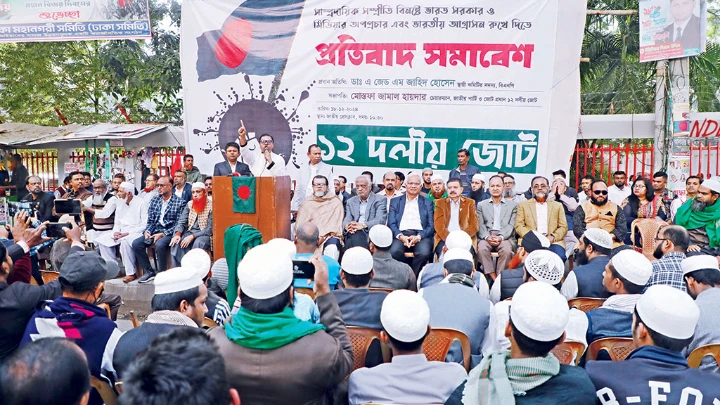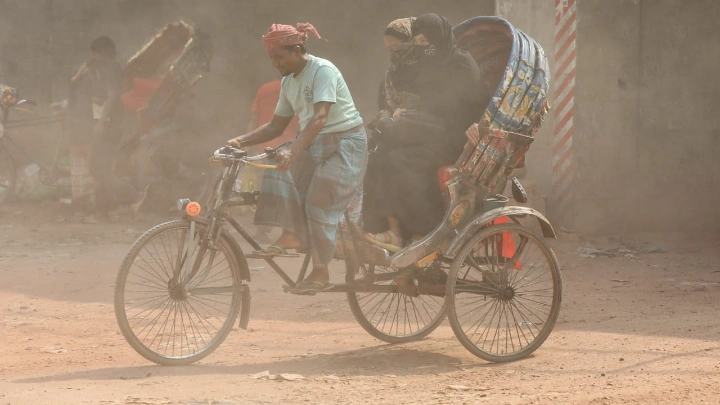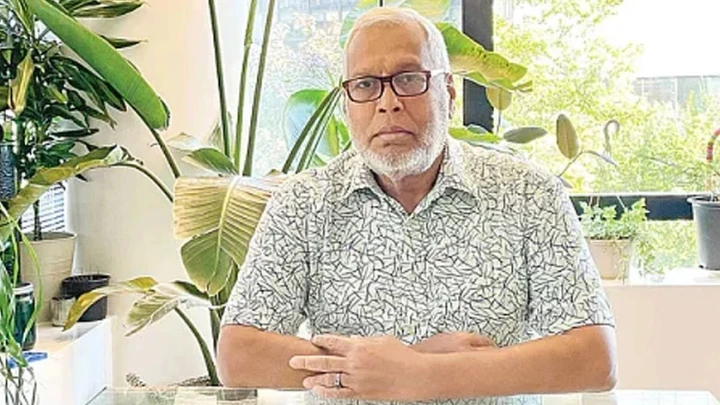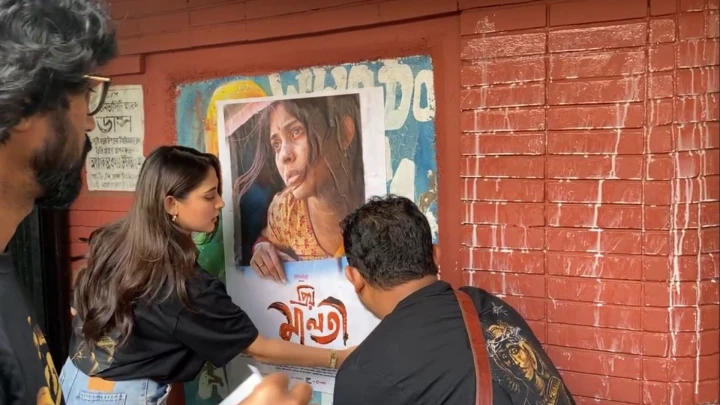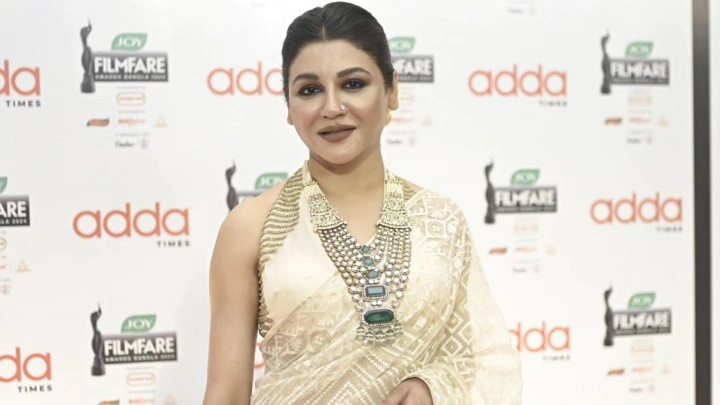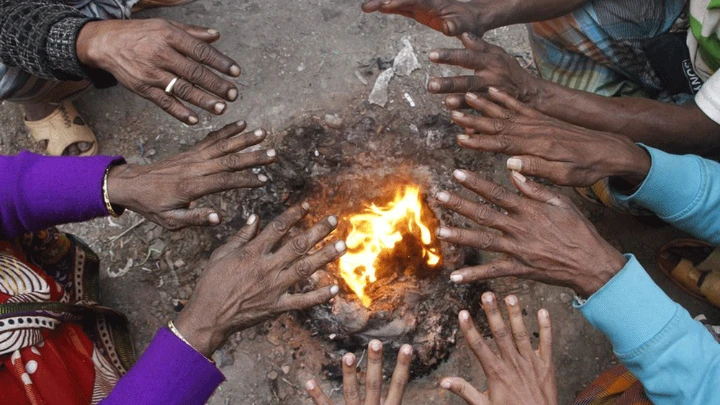Same story, different day: Tigers’ T20 woes re-exposed
DailyStar || Shining BD
Let's begin this rant, disguised as a write-up on the sorry state of the Bangladesh men's T20I team, with a question: Guess which of the following three statements was made by captain Najmul Hossain Shanto after the seven-wicket defeat against India in the first T20I in Gwalior on Sunday.
Statement A: "When you have these sorts of performances, it is hard to say much. There are a lot of areas we have to look at, especially our batting."
Statement B: "We didn't bat well... It was a good surface, we should've scored at least 175. You must ask the other batsmen why they didn't bat well. I can't answer for everyone. As I said, nothing worked out today. Whatever we did, it didn't click."
Statement C: "I wouldn't say it [the team's brand of cricket] is getting worse. I think we are a better team than this. We have not been doing well in this format for some time now. But I don't believe we are this bad as a team."
If one chose option C, it was a wise decision. But even in thinking option A or B was the right answer, one can hardly be blamed.
The first statement belongs to former captain Mahmudullah Riyad, who said this after the Tigers got bundled out for a mere 73 against Australia in their final match of the ICC T20 World Cup 2021, which the Aussies chased down in just 6.2 overs.
The second quote came from Shakib Al Hasan, another former skipper, who in his typically blunt style vented his frustration after the team got bundled out for just 129 in Sylhet against the West Indies back in 2018, a total the visitors chased down with 9.1 overs to spare.
With these three statements spanning across six years, the three captains attempted to do the same thing -- explain how the Tigers got all out in a T20I game for a total way below par on a wicket that obviously had more runs on offer.
In the last six years, captains have come and gone, players have been swapped and changed, multiple coaches have had a crack, and buzzwords like 'Bangladeshi brand of T20' and 'impact cricket' have been thrown around. But just as these statements indicate, Bangladesh's fate in T20Is has more or less remained the same.
STATS DON'T LIE
Now, one could accuse this line of argument of cherry-picking only the worst cases to prove a point, not showing the complete picture, of being vindictive and not backed by actual data.
Luckily, when it comes to showing how far behind Bangladesh are in batting in T20Is, there is no shortage of stats.
Since 2018, Bangladesh's average runs per over in T20Is stand at 7.45, the worst among all Test-playing nations. This picture becomes even more harrowing when associate members are brought into the mix.
The ICC granted T20I status to all its members in 2018, and all men's T20s between associate nations since January 2019 have been granted international status.
Out of the 104 T20I teams, Bangladesh rank 40th in terms of run rate since 2018, sandwiched between Kenya (7.49) and Tanzania (7.44). Even teams like Malaysia (7.90), Spain (7.71) and Bulgaria (7.64) are ahead of Bangladesh.
When it comes to scoring over 200 in an innings, Bangladesh are tied with Ireland and Sri Lanka at the second-last spot among the full members, with six such innings each.
The picture only gets gloomier when looking at individual stats. Among players who have made at least 1,000 runs in T20Is since January 2018, Liton Das' strike rate of 125.34 is the best among all Bangladeshi batters.
But when comparing with all other batters who have played T20Is in this period and have made at least 1,000 runs, Liton is languishing way down at 75th.
Bangladesh have three other representatives in the top 100 – Shakib (121.16) at 89th, Afif Hossain (119.63) at 95th, and Mahmudullah (118.93) at 96th.
The easiest explanation for Bangladesh's poor batting in the shortest format -- one that gets thrown around quite frequently, and was even used by Shanto yesterday after the first T20I -- is the low and slow nature of wickets back at home, which leaves players ill-prepared on how to bat on flat surfaces where 200 is a par score.
If unfamiliarity with flat wickets is a handicap for Bangladesh in doing well in T20Is on batting-friendly tracks, by that logic, the Tigers should thrive on home surfaces where run-scoring is more challenging.
But looking at the win-loss ratio in home T20Is, Bangladesh rank seventh among the 12 Test nations, among which Afghanistan have never even played a home game.
When coming across difficult batting surfaces away from home, time and again, Bangladesh batters have come up short in T20Is.
For example, right before this year's T20 World Cup, Bangladesh were hit with a couple of shock defeats against co-hosts USA -- an associate side -- on pitches that were not easy to score on.
In that tournament, Bangladesh overcame Sri Lanka in the opener in a low-scoring thriller, came agonisingly close to defeating eventual finalists South Africa, and made it to the Super Eights.
But they ended the tournament with an awful display against Afghanistan in a virtual quarterfinal, where they gave up on trying to win by a margin that would take them to their maiden semifinal, chose to go for a meaningless victory instead, and then failed to accomplish even that.
So, the stats clearly indicate that when it comes to scoring runs quickly in T20Is, Bangladesh are nowhere near the best. Even in home conditions, the Tigers are middle of the pack in terms of results.
The team struggles to score big on batting surfaces, does not fare too well on tough wickets away from home either, and the display against Afghanistan in the T20 World Cup showed that this team, at least the think tank, does not have the courage to dream big.
JUMPING FROM DENIAL TO ACCEPTANCE
Now, giving credit where credit is due, the Bangladesh batters, probably encouraged by the management, did make a genuine effort to show positive intent against India.
Liton took the aerial route in just the second ball he faced, Towhid Hridoy took on the long-on fielder right after the Powerplay, and Mahmudullah charged down the wicket in the first ball he faced against India's quickest pacer, Mayank Yadav.
The problem was, all three of them miscued their shots in different ways and got caught. Having a positive intent is all well and good, but without skill and match awareness, it is of no use.
Coming back to Shanto, hearing the skipper say, "I don't believe we are this bad as a team," in reply to the very first question at the post-match press conference, it seemed like he was stuck in the first stage of grief, which is denial.
But in about a minute, Shanto seemingly skipped the next three phases -- anger, bargaining and depression -- and jumped to the final stage, acceptance, when he admitted that the inexperienced Indian team they were up against outclassed them in both "skill" and "mentality".
Hopefully, this acceptance would lead the team management to stop sounding like a broken record, presenting the same excuses after embarrassing defeats, and come up with plans on how to improve the skill level and mentality of the players in T20Is.
Shining BD

![Same story, different day: Tigers’ T20 woes re-exposed [Top] Bangladesh's Towhid Hridoy watches the ball after playing a shot during the first Twenty20 cricket match between India and Bangladesh at the Shrimant Madhavrao Scindia Cricket Stadium in Gwalior on October 6, 2024. Photo: AFP](/Uploads/Images/News/2024/10/Image-14186-20241008041002.webp)
